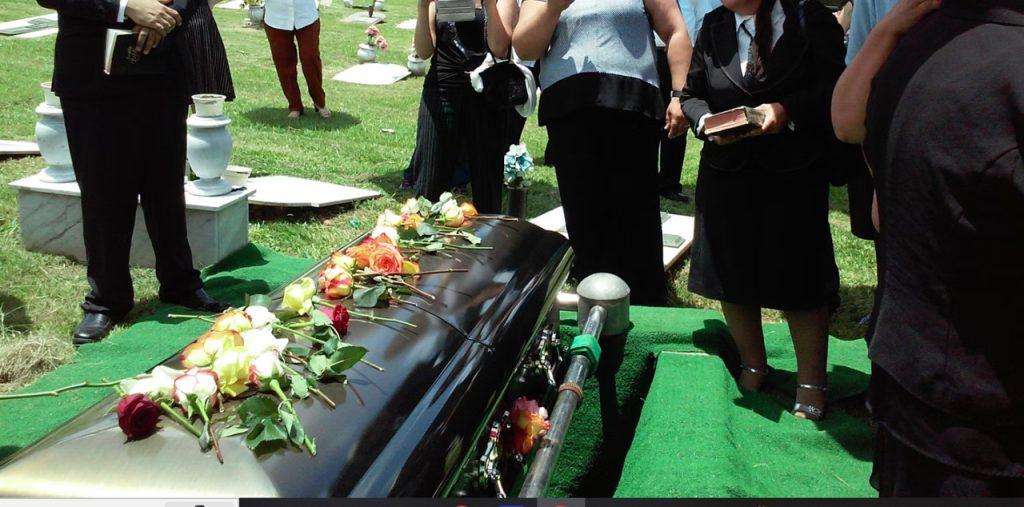Traditional funerals are seen as a mark of respect for the dead, but they also help those who are grieving to come to terms with the departure of a loved one.
However, as society is constantly shifting, many people are wondering if traditional funerals are still being held and, if not, what are replacing them?
What type of family prefers a traditional funeral?
Families who are religious or spiritual tend to hold traditional funerals as these services commemorate the dead with hymns, readings, and prayers.
These ceremonies follow a structure that is designed to comfort and reassure mourners with traditional beliefs.
Those families who are close-knit also prefer these types of ceremonies because they encourage friends and families to share stories about their loved ones, adding a personal touch to the funeral.
It also allows mourners to share a space to grieve together.
Those who hold traditional views prefer the formal nature of a traditional funeral as those in attendance are expected to wear attire like suits in the colour black.
Sometimes, the person who has died may have disclosed what type of funeral they would like to have, especially if they were battling a long illness and were aware that they were going to die.
Families that want to respect their loved one’s wishes may opt for a traditional funeral if they want to honour their desires.
What does a traditional funeral look like?
It’s common for traditional funerals to begin with a wake, which is when people who knew the deceased person gather in an intimate setting, usually at their home, to pay their respects both to the person who has passed and their family.
Here, the body of the person who has died will be displayed in a casket. Whether it’s open or closed depends on the circumstances of their death and the preferences of their family.
This will typically occur the day of the funeral or the day before it.
Often, the body of the deceased will be treated to resemble how they looked when they were living as a mark of respect for the life they lived.
With regard to the funeral service, traditional funerals will often have music, religious readings, and eulogies dedicated to the departed person, and prayer.
This can vary according to which religion the deceased person is identified with.
After the funeral service inside a religious establishment, mourners will be invited to witness the body being buried.
This will usually be in a graveyard where there is a designated spot marked out for the deceased person to be buried in.
After the person has been buried, there is usually a formal reception which will have refreshments and conversation centred around the person who has passed.
This is seen as the final farewell to that person and allows friends and family members to get closure.
Where does a traditional funeral usually take place?
The wake is usually held at the deceased person’s home or a funeral home, whereas the funeral service is typically held in a funeral home or a place of worship such as a church or chapel.
The post-funeral gathering takes place in a venue of the family’s choosing. This may be somewhere where their loved one specified or visited frequently.
Do we still need traditional funerals?
Traditional funerals still have a place in society as people prefer how they’re structured.
Instead of having an informal funeral, it permits those close to the person who has died to get a sense of formal closure.
Those who opt to have a non-traditional funeral may do so to make it more personalised and to shift the focus to the deceased person’s legacy.
Of course, the decision to host a traditional funeral depends on the family of the deceased person and how they choose to commemorate them.
Contact Middleton’s Funeral Services
Middleton’s Funeral Services is a family-run independent funeral director that helps people plan, organise, and execute traditional funerals.
We understand that planning a funeral can be incredibly difficult, which is why we are here to guide you every step of the way.
We can help organise the wake, funeral service, and the committal service while also giving you advice on picking a casket and arranging a formal reception.
Whatever your religious and personal beliefs are, Middleton’s Funeral services believe in carrying out a respectful service that helps you get the closure you need.
To plan a traditional funeral, or to know more about what we do, why not contact us today?

